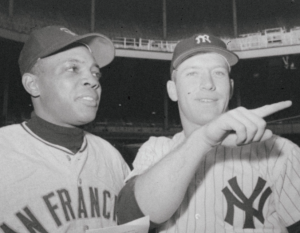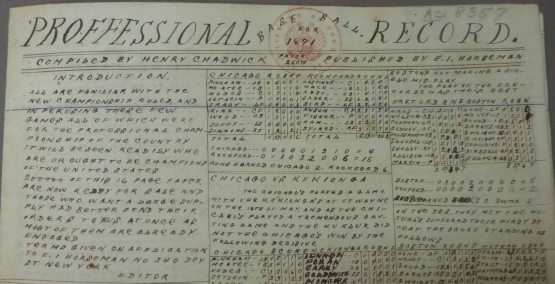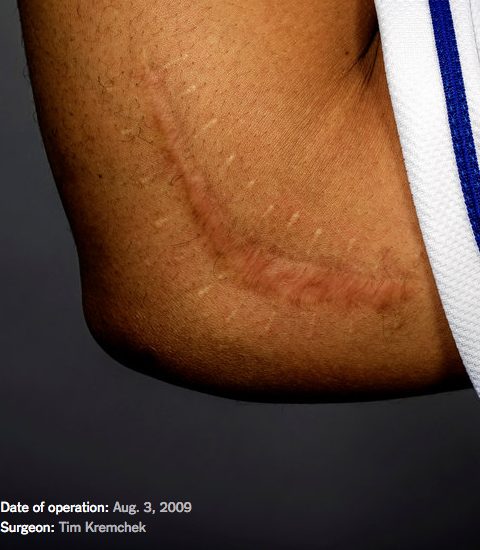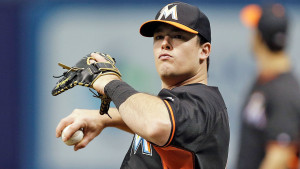As the clock counted down to the end of the Super Bowl Sunday night, the announcers speculated that maybe Bill Belichick should stop the clock, to give his team a chance to march the length of the field after the inevitable TD. But Belichick didn’t.
I would like to say that I assessed the situation and determined what the right thing to do was, for everyone, but mostly riding on the giddy head of Jerome Kearse’s insane catch moments before, all I was thinking was that the Seahawks were going to win in a most improbable manner. No way could they fail, I was thinking.

After the interception the social media blew up with astonishment that the Seahawks didn’t give the ball to Marshawn Lynch, and let him run for a touchdown. That seemed like the safe thing to do, and it certainly would have covered Pete Carroll’s ass, but Matthew Iglesias explained on Vox yesterday why throwing the ball on second down made good sense. In short, and ignoring the significant third possible outcome, a pass would have led to a Touchdown or a stopped clock, which would have allowed the Seahawks, if they didn’t score, to either run or pass on third down—since they had only one timeout left. In other words, by passing, the Seahawks would have time for three plays. If they ran they would have had time for two (or would be obliged to pass on third down, with everyone knowing the pass was coming).
Now, this is kind of true, but not only didn’t Pete Carroll use this explanation after the game for his decision, but such rational thinking about the situation gets in the way of game theory, and the need to mix it up in order to keep your opponent off balance.
Justin Wolfers explains in today’s New York Times that good and effective strategy depends on randomizing one’s choices. If the best choice is to run, and you always run, your opponent will defense against the run and running will no longer be your best choice.
Which raises the interesting question: If Belichick is so smart, shouldn’t he have realized that the Seahawks better strategy was to pass? And if he realized that, wouldn’t he assume Pete Carroll would also realize that? And, if Pete Carroll thought passing was the better strategy and he assumed that Belichick would also assume so, wouldn’t he be obliged to change up his plans and call for a run?
It’s important to remember that game theory helps us figure out the competing motives, but before time runs out a decision has to be made.
That it was to pass was fine, I think, but I wonder about throwing the ball into the middle of all that stacked defense. Why not throw over the head of a receiver running to the corner after a play action? Or have Russell Wilson roll out and throw if a receiver was open, with at least the option of carrying the ball in if they were defensed?
What we know for sure is that, no matter what the coaches were thinking, Malcolm Butler saw what was happening and stepped up at the right time. Nice play.
 I play in the American Dream League with the tech writer Steven Levy, whose team is known as the Random Hackers.
I play in the American Dream League with the tech writer Steven Levy, whose team is known as the Random Hackers., Bruce Buschel, is in the league, too, and has been since its first year, 1981. His team has gone by many names, most memorably, the BB Gubs.






